An anthropomorphic mouse who typically wears red shorts, large yellow shoes, and white gloves, Mickey is one of the world’s most recognizable fictional characters.
When the iconic Mickey Mouse was born, he was maybe not-quite-so-loveable. Some even described his look as creepy or disturbing. It would take a few years before Mickey’s look was locked down. These early pictures shown here document Mickey’s look when he made his first appearance.
![]()
Mickey Mouse was created as a replacement for Oswald the Lucky Rabbit, an earlier cartoon character that was created by the Disney studio but owned by Universal Pictures. Charles Mintz served as a middleman producer between Disney and Universal through his company, Winkler Pictures, for the series of cartoons starring Oswald. Ongoing conflicts between Disney and Mintz and the revelation that several animators from the Disney studio would eventually leave to work for Mintz’s company ultimately resulted in Disney cutting ties with Oswald. Among the few people who stayed at the Disney studio were animator Ub Iwerks, apprentice artist Les Clark, and Wilfred Jackson. On his train ride home from New York, Walt brainstormed ideas for a new cartoon character.
Mickey Mouse was conceived in secret while Disney produced the final Oswald cartoons he contractually owed Mintz. Disney asked Ub Iwerks to start drawing up new character ideas. Iwerks tried sketches of various animals, such as dogs and cats, but none of these appealed to Disney. A female cow and male horse were also rejected. They would later turn up as Clarabelle Cow and Horace Horsecollar. A male frog was also rejected. It would later show up in Iwerks’ own Flip the Frog series. Walt Disney got the inspiration for Mickey Mouse from a tame mouse at his desk at Laugh-O-Gram Studio in Kansas City, Missouri.
In 1925, Hugh Harman drew some sketches of mice around a photograph of Walt Disney. These inspired Ub Iwerks to create a new mouse character for Disney. “Mortimer Mouse” had been Disney’s original name for the character before his wife, Lillian, convinced him to change it, and ultimately Mickey Mouse came to be. The actor Mickey Rooney claimed that, during his Mickey McGuire days, he met cartoonist Walt Disney at the Warner Brothers studio, and that Disney was inspired to name Mickey Mouse after him. This claim, however, has been debunked by Disney historian Jim Korkis, since at the time of Mickey Mouse's development, Disney Studios had been located on Hyperion Avenue for several years, and Walt Disney never kept an office or other working space at Warner Brothers, having no professional relationship with Warner Brothers.
Beginning in 1930, Mickey has also been featured extensively as a comic strip character. The Mickey Mouse comic strip, drawn primarily by Floyd Gottfredson, ran for 45 years. Mickey has also appeared in comic books such as Disney Italy’s Topolino, MM – Mickey Mouse Mystery Magazine, and Wizards of Mickey, and in television series such as The Mickey Mouse Club (1955–1996) and others. He also appears in other media such as video games as well as merchandising and is a meetable character at the Disney parks.
![]()
|
| Mickey Mouse on top of a pile of letters he received from fans, 1928. |
Early Photographs Show What Mickey Mouse Looked Like in the 1930s
![]()
|
| Winners of “Mickey Mouse” week at Russells Restaurant, Leicester Square, London, 1930. |
Early Photographs Show What Mickey Mouse Looked Like in the 1930s
![]()
|
| An employee at Madame Tussaud’s waxworks museum on Marylebone Road, London, putting the finishing touches to a waxwork of Mickey Mouse at the keyboard on Nov. 7, 1930. |
Early Photographs Show What Mickey Mouse Looked Like in the 1930s
![]()
|
| Mickey, Oswald, and a Frog, 1931. |
Early Photographs Show What Mickey Mouse Looked Like in the 1930s
![]()
|
| Lily Pons, singer at New York’s Metropolitan Opera with Mickey and Minnie, 1932. |
Early Photographs Show What Mickey Mouse Looked Like in the 1930s
![]()
|
| Walt Disney presented with a diploma of commendation from the National Academy of Fine Arts of Buenos Aires, Argentina. Mickey and Minnie look on, 1933. |
Early Photographs Show What Mickey Mouse Looked Like in the 1930s
![]()
|
| Mickey Mouse at the wheel of a car bearing his personal coat of arms, at the Mickey Mouse Studios just outside of Los Angeles on Feb. 21, 1933. |
Early Photographs Show What Mickey Mouse Looked Like in the 1930s
![]()
|
| Mickey and Minnie Mouse at a dress rehearsal of the Woolwich Searchlight Tattoo, London, 1933. |
Early Photographs Show What Mickey Mouse Looked Like in the 1930s
![]() |
| Mickey Mouse and Minnie inspecting the toy soldiers, 1933. |
Early Photographs Show What Mickey Mouse Looked Like in the 1930s
![]() |
| Walt Disney congratulates Mildred Lee Chanter for winning a contest for making the best Mickey out of snow in Lake Arrowhead, California, 1933. |
Early Photographs Show What Mickey Mouse Looked Like in the 1930s
![]() |
| A Mickey Mouse race during the Mickey Mouse Club Sports Day, Guildford, 1938. |
Early Photographs Show What Mickey Mouse Looked Like in the 1930s
![]() |
| A Mickey Mouse balloon floats along the route of the Thanksgiving Day parade in Boston on Nov. 24, 1938. |
In 1933 the Einson-Freeman Co. produced Mickey and Minnie masks that were probably never intended to be disturbing. But they are:






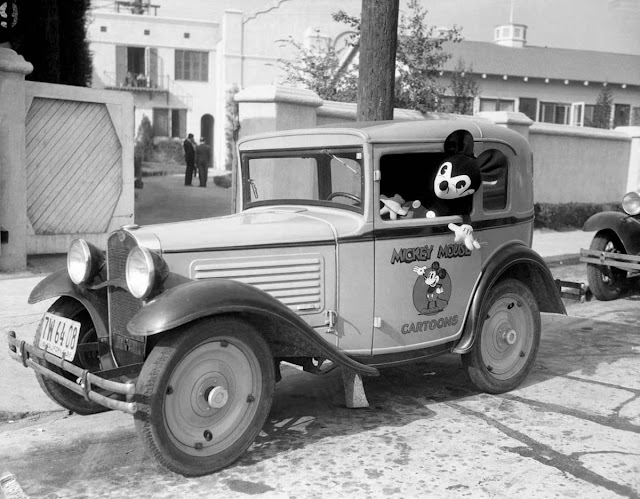







 Séeberger Brothers The Fathers of Street Style Photography
Séeberger Brothers The Fathers of Street Style Photography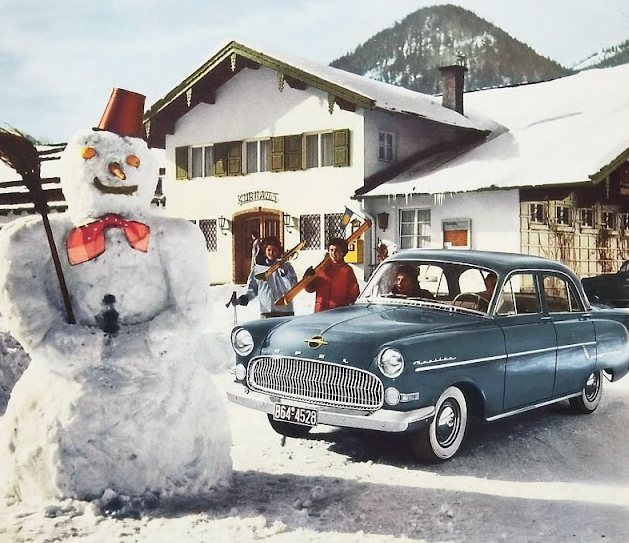
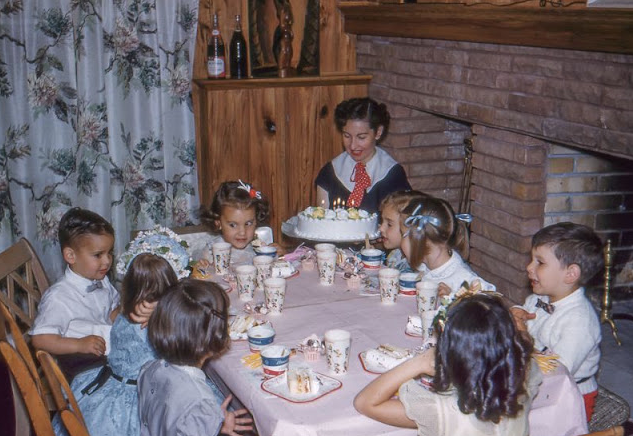
-1705801680.jpg)
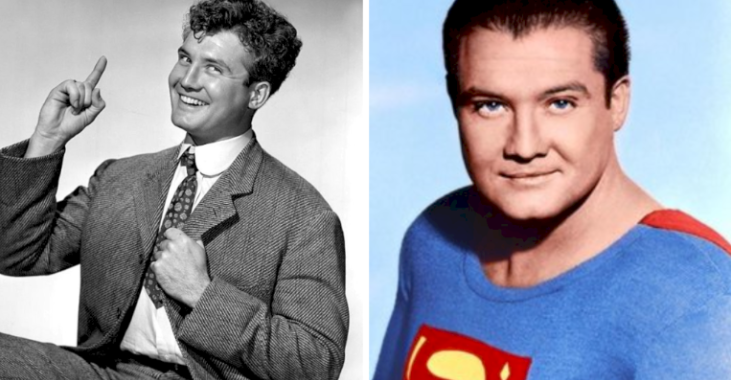
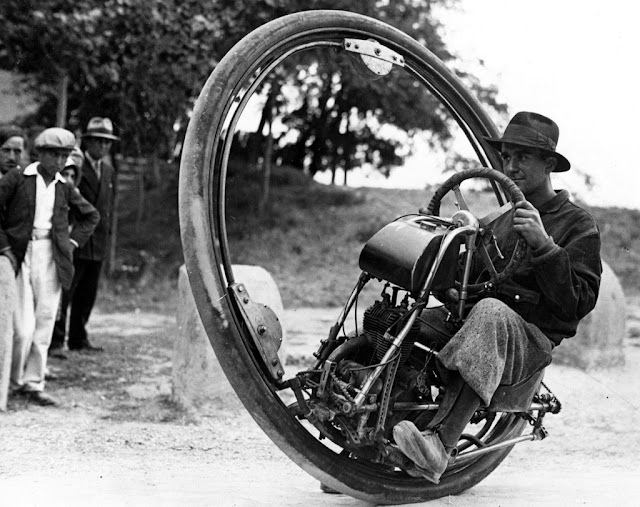
-1707660056.jpg)